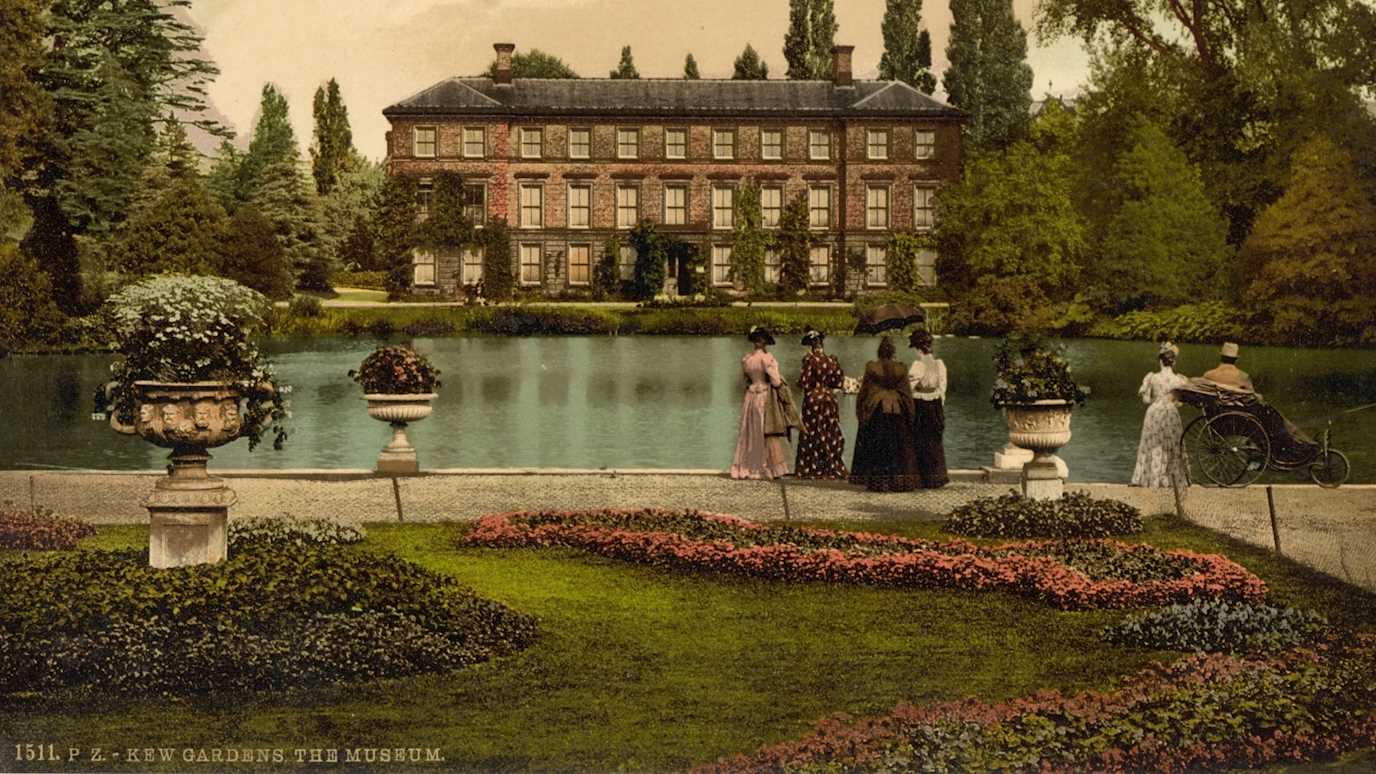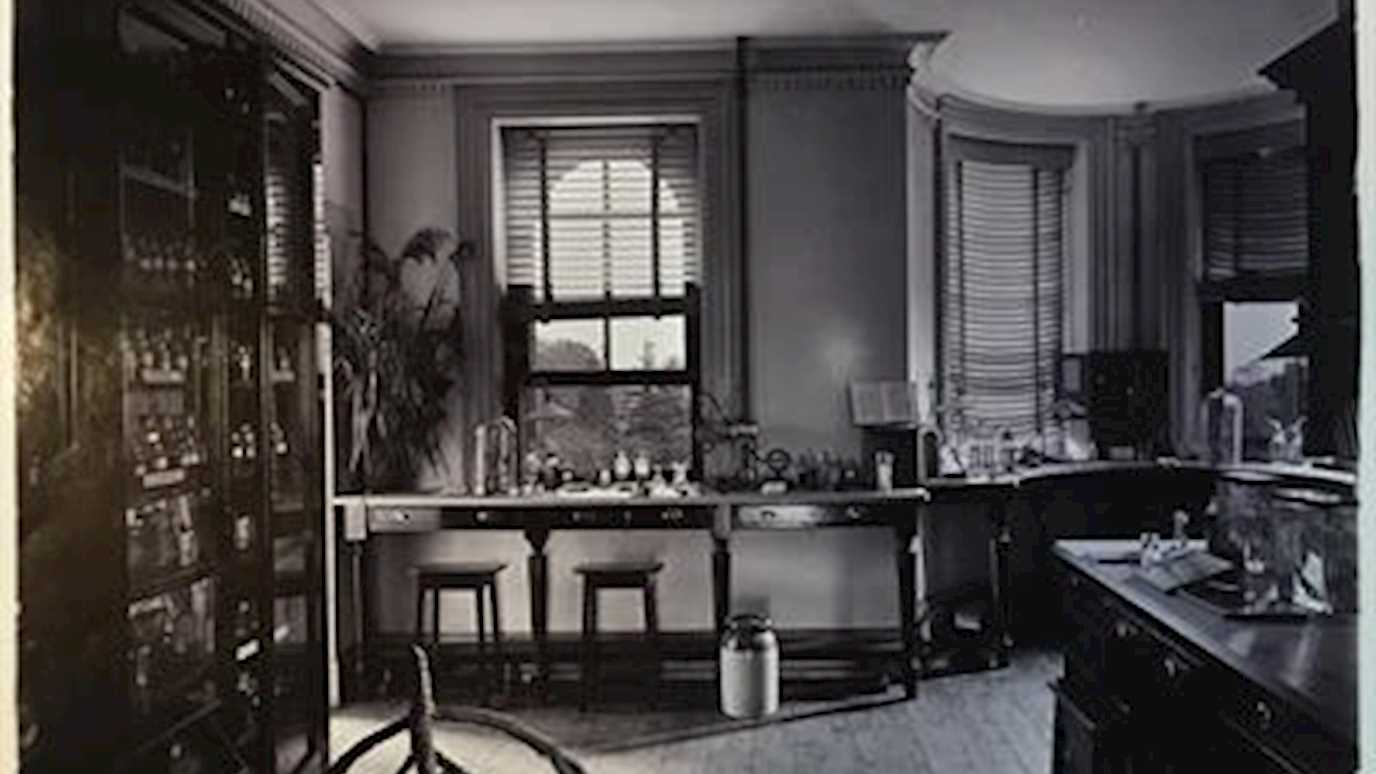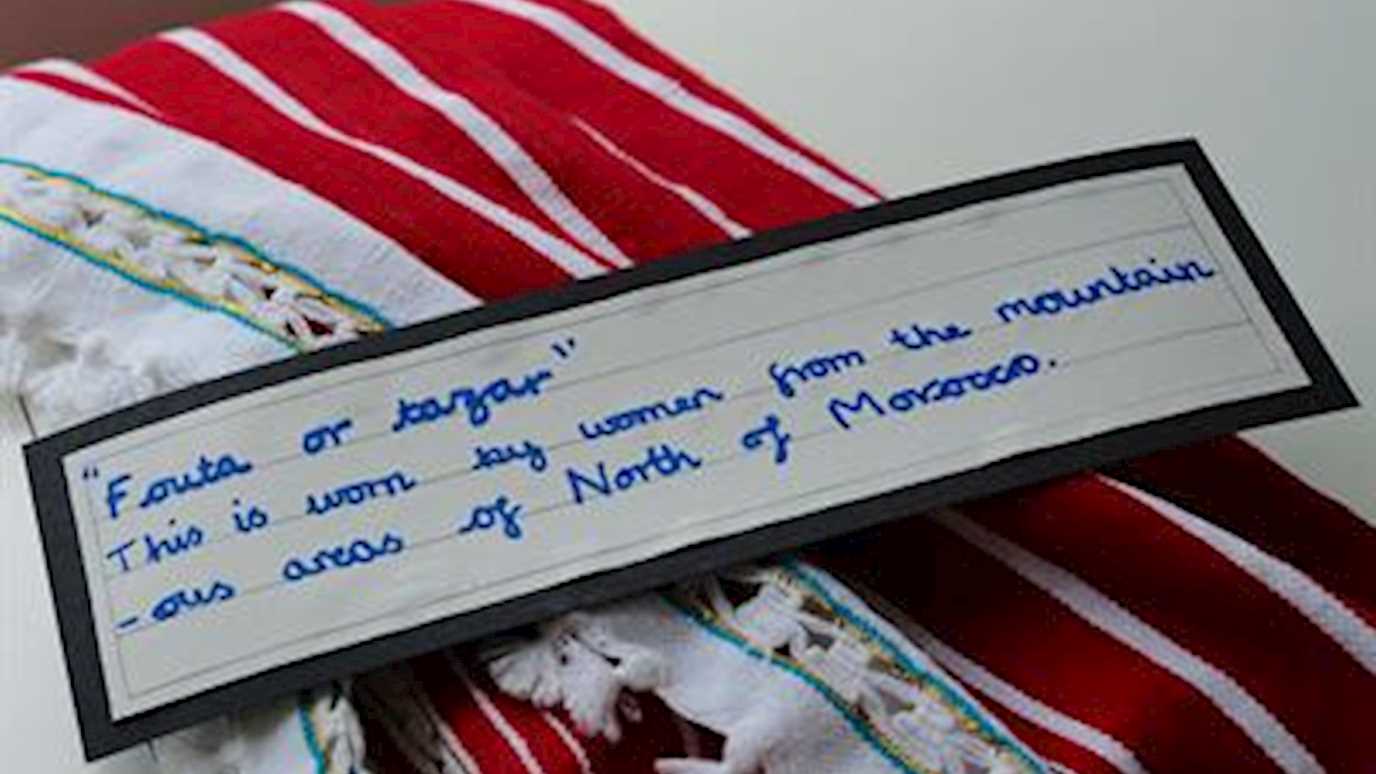Posted on 25/07/2018 by Felix Driver
The idea of circulation which underpins the Mobile Museum project provided the key theme for a well-attended session entitled ‘Biocultural collections in circulation: Kew and beyond’, at the 17th International Conference of Historical Geographers in Warsaw, 15-20 July 2018.
The session brought together three Kew-related projects, all concerned with Kew collections and their circulation. The first paper was by Keith Alcorn (PhD student at Royal Holloway), talking on the circulation of living plant specimens from Kew in the first half of the nineteenth century, taking in both the Banksian era and the state-funded botanical complex which Kew became after 1840. Next came Felix Driver and Caroline Cornish, presenting work in progress from the Mobile Museum project and focussing on three different ways that Kew’s economic botany objects became mobile (through Kew’s role in large-scale redistribution of objects, through exchange between museums, and through the dispersal of mini-museums to schools). And finally, Luciana Martins (Birkbeck), focussing on the Spruce collections at Kew, their mobility as objects collected in the course of his travels in Amazonia and also their mobility within contemporary projects of heritage practice and Indigenous community engagement.
While looking at different types of collections – live plants, herbarium specimens and a wide variety of economic and cultural artefacts – the papers shared a common focus on questions about the mobility of objects and collections, and the knowledges with which they are associated. The discussion that followed, stimulated by an engaging response by Michael Bravo (Cambridge), focussed on the different kinds of relationships involved in circulation (patronage, commerce, gift, sharing) and their implications for studies of the anthropology of exchange. The question of the ‘duplicate’ – a crucial factor in the history of both botanical and ethnographic collections in the nineteenth century – was also to the fore.
The choice of Warsaw as the location for a discussion of the mobility of Kew’s collections principally reflected the University’s decision to host the 17th International Conference of Historical Geographers. It was a wonderful and well-organised conference, and a timely reminder in the age of Brexit that British researchers have so much to learn from our colleagues in other parts of the world. It also gave a chance to savour some Polish cuisine – I for one will long remember Warsaw’s mushrooms! And, on my return, I was delighted to discover that the Economic Botany collection boasts, amongst other Polish items, a consignment of dried fungi from Warsaw intercepted by a Medical Officer at Dover in 1922 who described it as ‘suspicious’. Suspicion happily gave way curiosity, and the sample was duly despatched to the Kew Museum of Economic Botany where it has rested for nearly a century.
The 18th International Conference of Historical Geographers will be held in Rio de Janeiro in 2021.
























